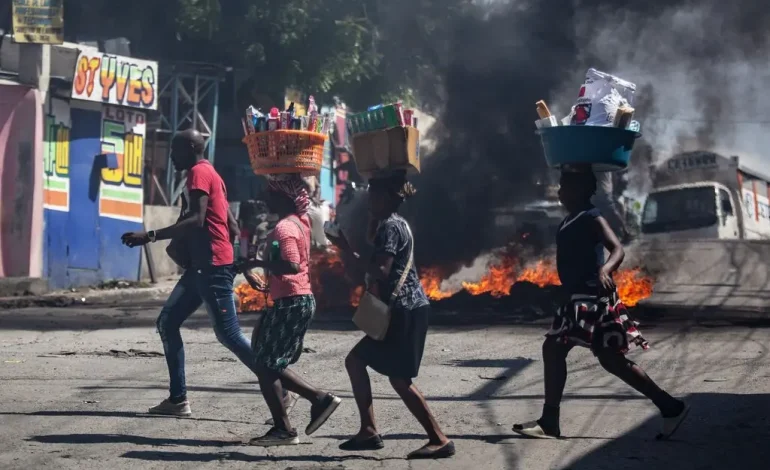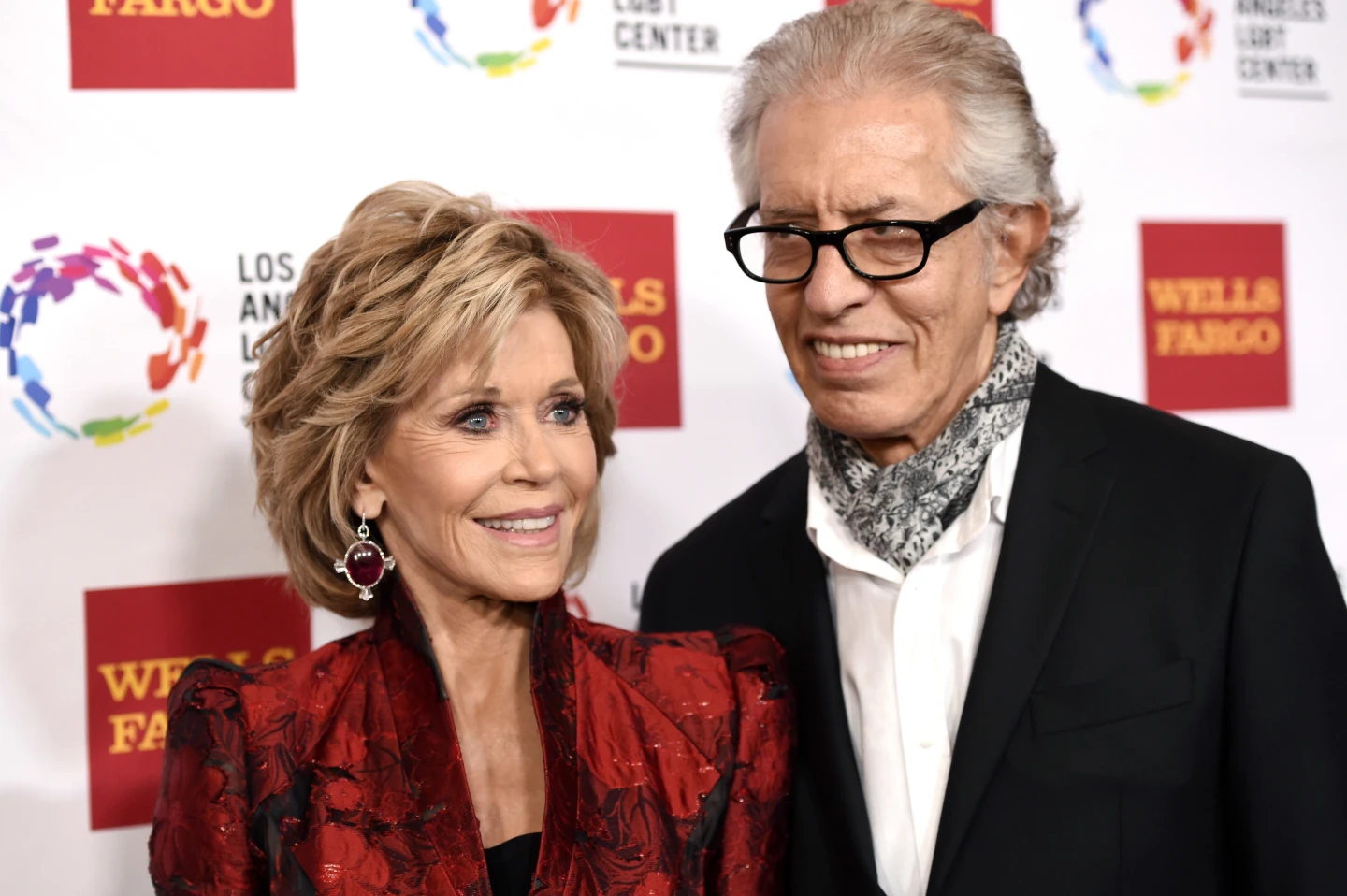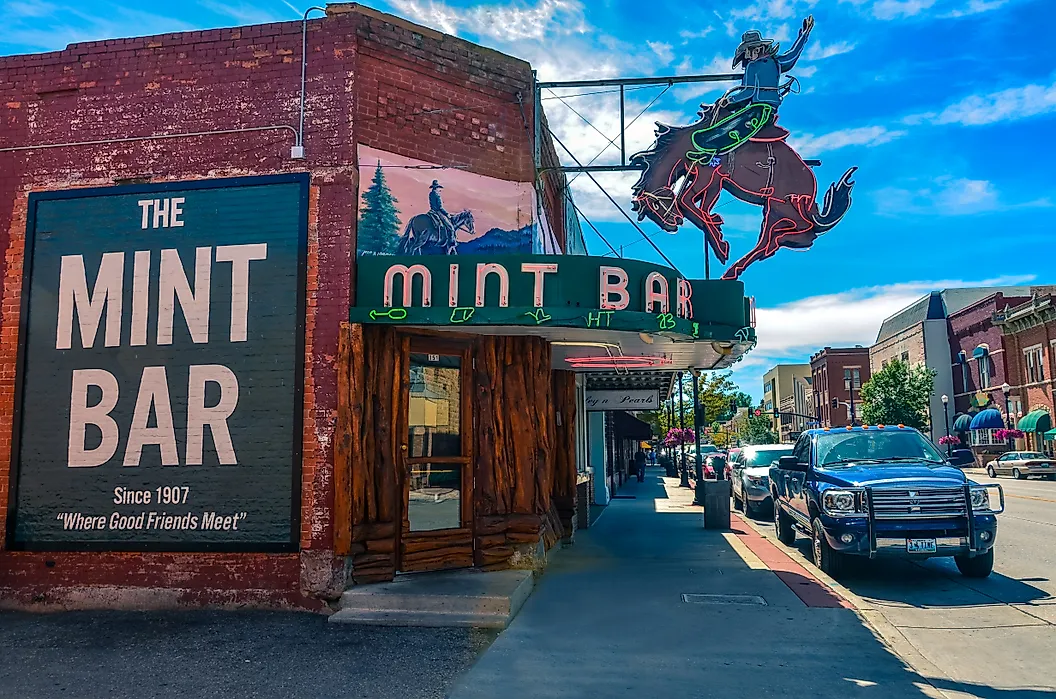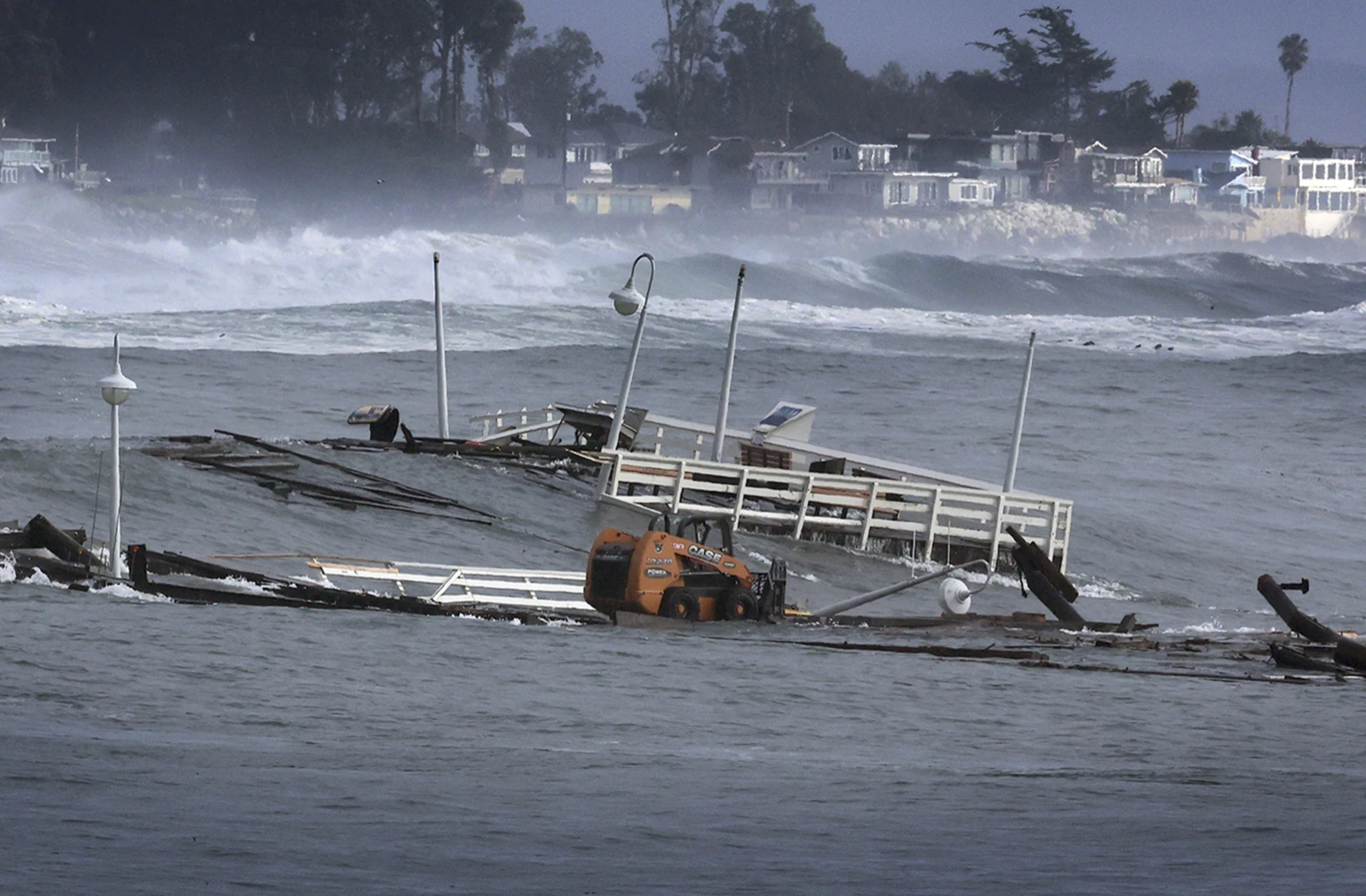Blinken Visits Haiti Amid Corruption and Gang Violence Crisis

US Secretary of State Antony J. Blinken arrived in Haiti on Thursday, demonstrating American support for international efforts to stabilize the nation amidst rampant gang violence and political corruption, the New York Times reports.
His visit comes as the Kenyan-led security force, supported by the United Nations, continues its mission to assist Haitian police in combating the violent gangs that have taken control over significant portions of the country.
Blinken’s trip marks the first visit to Haiti by a US Secretary of State in nearly a decade. During his visit, he is expected to assess the ongoing security efforts and meet with key officials, including Haitian Prime Minister Garry Conille and Edgard Leblanc Fils, head of the transitional council tasked with preparing for national elections.
The Kenyan-led force, which arrived in Haiti earlier this summer, aims to support Haitian law enforcement in addressing the gangs’ brutal rule, which includes acts of torture, rape, and murder. Despite the force’s deployment, the situation in Haiti remains dire, with gangs still blocking roads, attacking police stations, and causing widespread instability.
The United States has not contributed personnel to the security mission but has committed $309 million in support, including $200 million worth of equipment from the Defense Department and additional resources such as radios and night-vision gear from the State Department.
Assistant Secretary of State for Western Hemisphere Affairs Brian A. Nichols noted some progress since the arrival of Kenyan forces, citing improvements in the operational status of Haiti’s airport and the stabilization of certain areas. However, Nichols emphasized the need for continued international support to sustain the mission’s effectiveness and warned that the situation could deteriorate without further contributions from the global community.
The current UN mandate for the Kenyan-led force expires on October 2, raising questions about the future of the mission. Some experts advocate for a traditional UN peacekeeping force to replace the current deployment, though the UN’s past involvement in Haiti has been marred by controversies, including reports of abuse and a cholera outbreak linked to previous peacekeepers.
Haiti’s political landscape remains troubled following the assassination of President Jovenel Moïse in July 2021. The transitional government, led by Prime Minister Garry Conille, faces challenges in organizing elections and dealing with allegations of corruption within the transitional council.
After his stop in Haiti, Blinken is scheduled to travel to the Dominican Republic, which has experienced relative stability compared to its neighbor.








